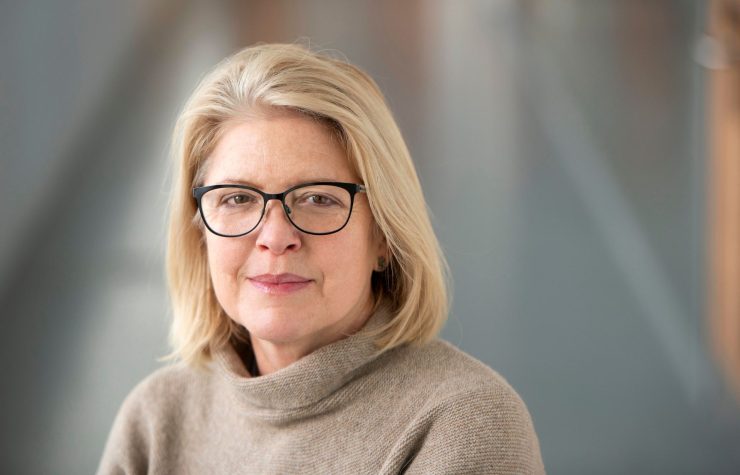A marine biologist, Corina’s expertise is in functional ecotoxicology, focusing on biological responses of marine organisms to environmental stressors.
What drew you to teaching your subject?
I always lived by the ocean and I was absolutely fascinated by the marine environment. After working for more than 25 years in the research sector (in various Marine Research institutes and University groups) decided it’s a good time to bring my research into the class room and give the students the chance to have a very hands on experience of the marine exploration.
How do you combine teaching with your professional life/ work in the field?
I like to teach Marine Biology in ways that place the experiment and practice at the centre of everything I explain, for there can be no successful teaching without creating an active learning environment.

What are you most proud of in your career so far?
I am motivated by the prospect of supplying students with the possibility of becoming explorers or researchers, even for two hours a day; I bring a lot of my personal experience into the class room and I grab every opportunity to take my students outdoors on the coast. I am very proud of the new area of research I have, sort of, pioneered – the impact of boating industry/fibreglass boats on the coastal environments. I have met some wonderful people, academics as well as members of the public, just interested in the subject and very keen to help making the coast a better, cleaner place for humans and marine creatures alike.
How does you work relate to the addressing of global challenges?
My research interests are focused on helping to identify and reduce the our impact on the marine environment, especially coastal life. A healthy natural environment has the power to improve our health and wellbeing and to create a thriving community. I have strong links with the local authorities, small enterprises, schools, charities or just enthusiastic people, and I am thrilled to combine community and academic knowledge and experience, and help to address environmental issues. This combination of us helping each other out, is really giving a much better result.
What advice would you give prospective students?
I always encourage my students to ask questions, to “pester” the lecturers to get involved in their research, be adventurous and stay in touch with nature. I love when I find a little gem – a passionate student, willing to succeed.
As teachers/tutors/researchers we are always happy to help and guide – we always need some extra helping hands for our research projects, therefore welcoming interested students! To prospective students I would say:
Make the most of your time at University! It will go faster than you think. So stay connected, read, explore, inquire…in the end, it’s not the knowledge that matters, it’s the experience and network that you build!
If I was to pick one success story (there are many!), I would definitely go for Dr Jaqueline Campbell. As a student, Jacqui was always asking questions, volunteering for lab/field work and just wanting to get involved in every project. I am so, so proud of what she achieved!! Read more about her success.

Published by